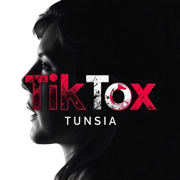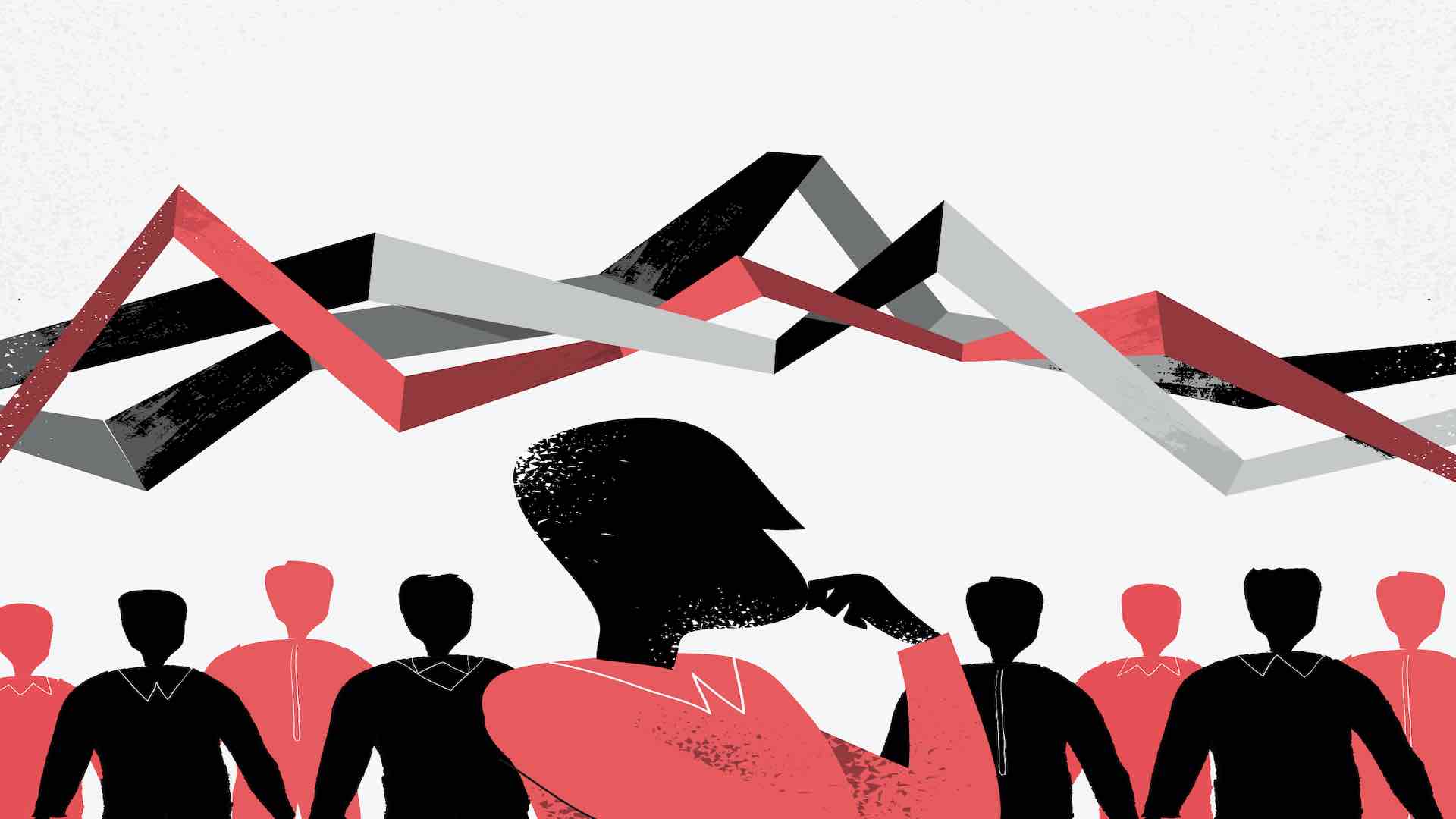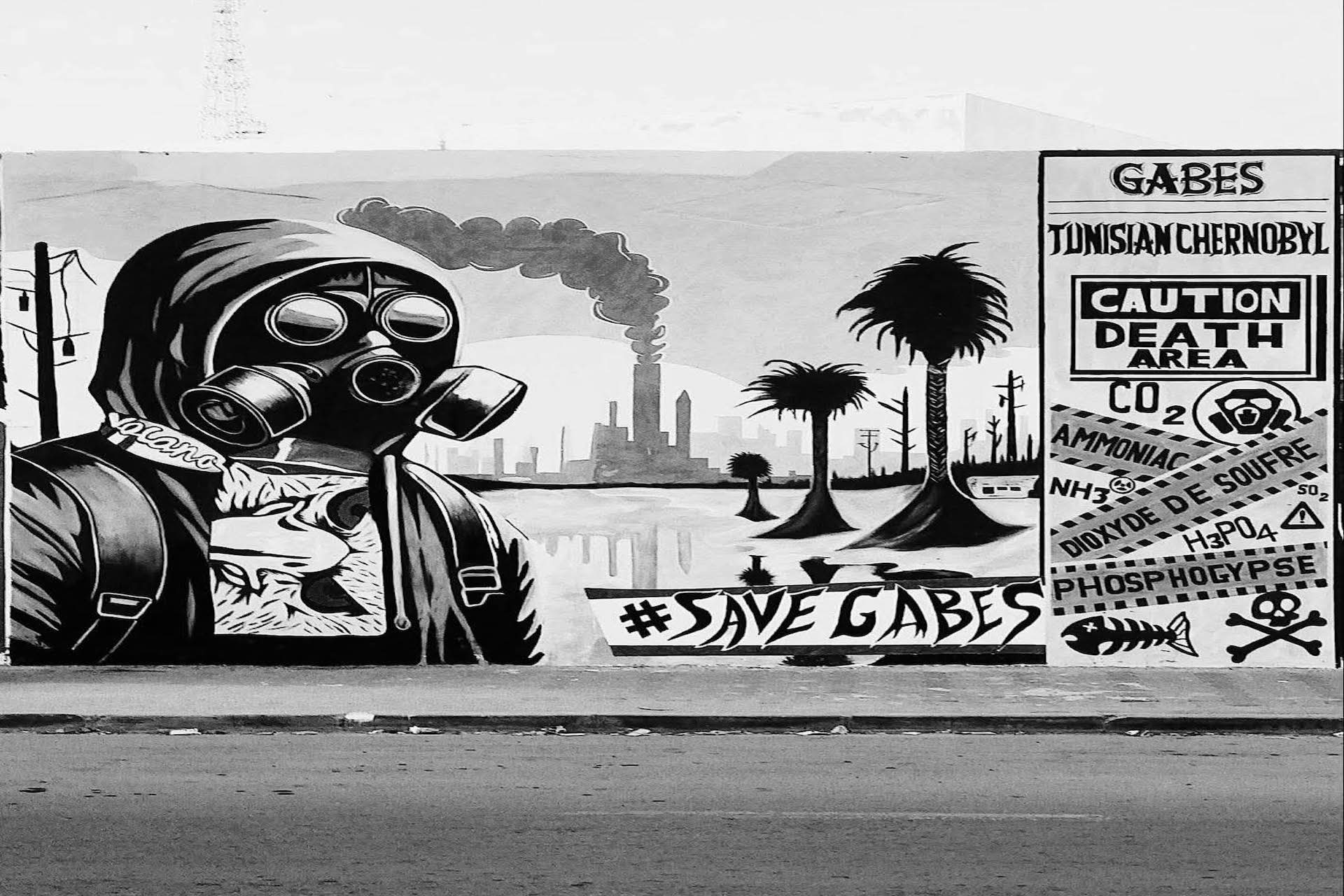Introduction
TikTok has become one of the most popular social media platforms in Tunisia, attracting millions of viewers and creators. From casual users scrolling through short videos to professional streamers monetizing their content, TikTok provides entertainment, networking opportunities, and income potential. However, with rapid growth comes legal responsibilities. Understanding TikTok law and regulations in Tunisia is essential for avoiding legal trouble, staying safe online, and ensuring responsible content creation.
This guide explores both general social media law and Tunisia-specific regulations, focusing on content compliance, user safety, financial obligations, and reporting mechanisms.
Understanding Social Media Law
Before exploring Tunisia-specific rules, it is crucial to understand the general principles of social media law, which influence TikTok’s global and local regulations.
Content Regulation
Social media law revolves around controlling content to protect users and communities. Typical regulations include:
- Adult and sexual content restrictions – ensuring minors are not exposed.
- Prohibitions on hate speech and violence – including harassment, discrimination, or promotion of illegal activities.
- Intellectual property protection – preventing unauthorized use of music, videos, or images.
Platforms like TikTok enforce these regulations through community guidelines, automated detection, and user reporting systems. Violations can lead to account suspension, video removal, or permanent bans.
User Protection and Privacy
Protecting users, particularly minors, is another cornerstone of social media law. Global principles, mirrored in Tunisia, include:
- Data privacy rules – protecting personal information and account details.
- Consent requirements – ensuring users agree before content or data is shared.
- Reporting mechanisms – giving users tools to flag inappropriate content or illegal activity.
Financial Compliance
Creators on TikTok often monetize their content through gifts, donations, and sponsorships. Financial regulations require streamers to:
- Track and report all earnings accurately.
- Avoid participating in fraudulent donation campaigns or money-laundering schemes.
- Ensure transparent transactions for both creators and followers.
Understanding these global principles helps Tunisian streamers align with platform rules and national law.
TikTok Platform Regulations
TikTok itself imposes rules to maintain a safe, compliant environment for all users:
- Community Guidelines – restricting adult content, harassment, misleading information, and violence.
- Age Restrictions – users under 13 cannot have a full account, and adult content must be clearly restricted by age.
- Reporting Tools – users can report scams, fraudulent activity, adult content, or toxic videos directly in the app.
TikTok Law in Tunisia
While global rules apply, Tunisia has its own legal framework governing online content, privacy, and financial transactions.
Content Compliance
Tunisia enforces laws that complement TikTok’s internal regulations:
- Adult Content Restrictions – content must not be accessible to minors. Violations can lead to account suspension or criminal prosecution.
- Hate Speech and Violence – content inciting violence, discrimination, or public disorder is illegal.
- Intellectual Property Rights – unauthorized use of copyrighted materials, including music, images, or videos, can result in legal action.
Streamers must remain informed about local laws to prevent penalties and ensure responsible content creation.
Financial & Tax Regulations
Many Tunisian TikTok streamers earn revenue through donations, gifts, or sponsorships. Tunisian law treats these earnings as taxable income, requiring streamers to:
- Keep accurate records of all donations and sponsorships.
- Declare earnings according to Tunisian tax regulations.
- Avoid involvement in illegal donation schemes or money laundering.
This ensures transparency and protects both creators and viewers.
Reporting & Enforcement
Tunisian law empowers users and authorities to act against illegal or harmful online content. Reporting can be done via:
- TikTok’s reporting system – in-app reporting for scams, adult content, or fraud.
- Local authorities – for violations of Tunisian law.
- Community platforms like TikToxTunisia – highlighting toxic content and fraudulent activity for public awareness.
Enforcement mechanisms help maintain a safer digital environment and ensure creators comply with both platform rules and national law.
Best Practices for TikTok Users in Tunisia
To navigate TikTok safely and legally, follow these recommendations:
- Adhere to TikTok Guidelines – comply with content rules, age restrictions, and reporting mechanisms.
- Monitor Earnings Carefully – track donations and sponsorships to ensure proper tax compliance.
- Protect Minors – implement parental controls and avoid exposing children to adult or toxic content.
- Report Violations – flag scams, fraud, or inappropriate content using TikTok’s tools or community-driven platforms.
- Stay Informed – follow updates on Tunisian social media laws and financial regulations.
Common Legal Challenges for Tunisian TikTok Streamers
Despite opportunities, many creators face challenges:
- Fraudulent Donations – viewers or scammers may attempt to manipulate donation systems.
- Adult or Toxic Content – posting content that violates age restrictions or TikTok rules.
- Tax Compliance Issues – failing to declare income, risking fines or audits.
- Copyright Violations – using music or video without proper authorization.
Understanding these risks and following preventive measures ensures a safe, legally compliant TikTok experience.
Legal Awareness for Parents and Users
Parents and everyday users play a critical role in maintaining safe TikTok environments:
- Parental Controls – setting limits on content and screen time for children.
- Recognizing Toxic Content – identifying scams, adult content, or harassment.
- Reporting Unsafe Content – using TikTok reporting tools or community alerts.
- Education – teaching minors about safe and responsible online behavior.
Conclusion
TikTok presents incredible opportunities for entertainment, community engagement, and income generation. However, success on the platform requires legal awareness and responsible behavior, especially in Tunisia.
By understanding general social media law, TikTok regulations, and Tunisian-specific legal requirements, streamers and users can:
- Avoid penalties and account suspension.
- Protect minors and other users.
- Prevent involvement in scams or fraudulent activity.
- Ensure transparent financial management and tax compliance.
Following these guidelines allows TikTok creators and viewers to enjoy a safe, legally compliant, and productive experience. Platforms like TikToxTunisia provide additional tools and guidance to stay informed, report toxic content, and navigate complex regulations in Tunisia.
Call-to-Action:
For more guidance on TikTok safety, scams, and legal compliance, explore our Earnings & Tax Advice.













